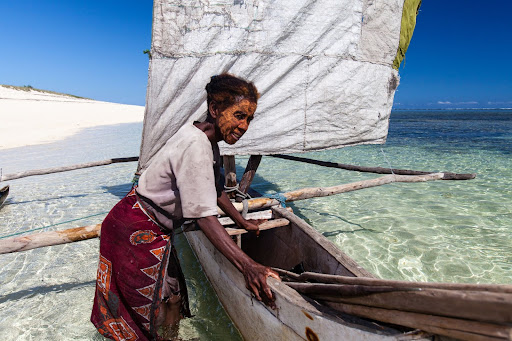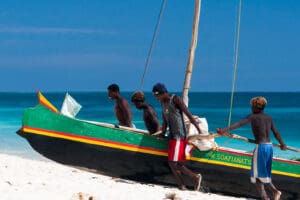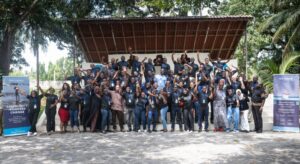PRESS RELEASE
Email: [email protected] / [email protected]
Phone: Annie Tourette – Whatsapp: +1 9294543474
Photo credit: Garth Cripps/Blue Ventures
Facebook | Instagram | Twitter | Linkedin | Youtube
#30×30 #IndigenousRights #COP15 #DecoloniseConservation
- UN meeting in Geneva on biodiversity presents a critical opportunity to enshrine human rights in biodiversity conservation targets.
- Open letter to decision makers calls for the UN 30 by 30 target to incorporate rights for Indigenous peoples and local communities, and a plan for protecting biodiversity in the 70% of the planet not covered by 30 by 30.
- Indigenous people and local communities are frontline nature protectors yet risk losing access to their land and fishing waters if their rights are not explicitly recognised in UN targets.
More than 70 organisations from 30 countries have signed an open letter that calls on world leaders to put human rights front and centre in global biodiversity conservation targets.
The Post-2020 Global Biodiversity Framework will be adopted during the 15th meeting of the Conference of the Parties to the Convention on Biological Diversity in China later this year. As part of the negotiating process, governments will convene in Geneva in late March to advance the development of the Framework. Delegates will discuss the global goal to protect 30% of land and sea by 2030.
The 30 by 30 goal is an unrivalled opportunity to halt biodiversity loss, safeguard human rights, and put the planet on a pathway to sustainability. But it can only succeed if it emphasises the primacy of human rights, and puts communities first.
This month’s meetings will be the last opportunity to highlight the critical importance of an equitable and inclusive 30 by 30 to delegates. The letter’s signatories are calling for a 30 by 30 that is implemented with the free prior and informed consent, participation and leadership of Indigenous peoples and local communities.
Without appropriate safeguards, many communities risk losing their rights to hunt, farm, fish, and live in areas that are protected in the rush to meet global conservation targets. Some face losing livelihoods and even homes unless the 30 by 30 framework recognises and respects their rights. Indigenous communities are the best defence against the unsustainable commercial exploitation of nature, and their valuable knowledge of lands and waters will be lost if they are forcibly displaced.
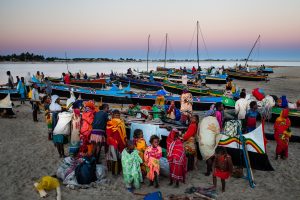
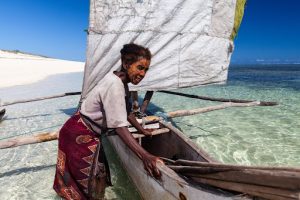
Annie Tourette, Head of Advocacy at Blue Ventures said:
“The best way to protect nature is to protect the human rights of those who live among it and depend on it. Their rights need to be explicitly recognised and protected. We are calling on governments to put indigenous people and local communities at the centre of conservation initiatives, and to tackle the main drivers of biodiversity loss.”
President of Madagascar’s network of community-led marine conservation areas, Hermany Manahadraza, said:
“30 by 30 joins the long list of calls to action from conservationists to save the planet. I add my voice to the global family of indigenous peoples and local communities in reminding the world that we still have one last chance to save our biodiversity. We are in this together and will suffer the consequences of this crisis together if our plans do not respect the needs of communities.”

